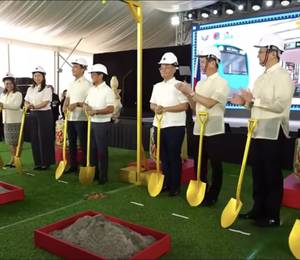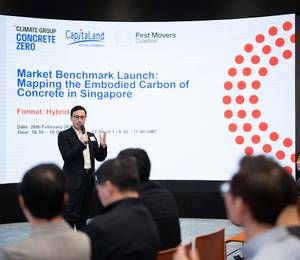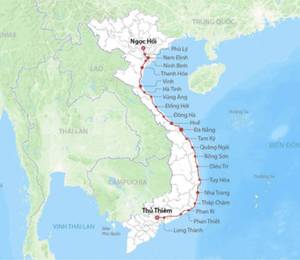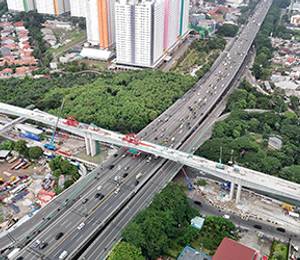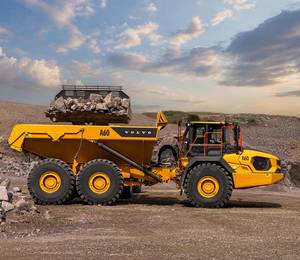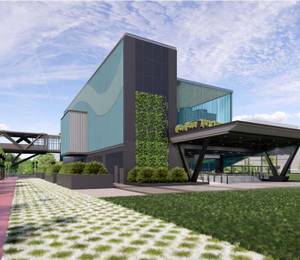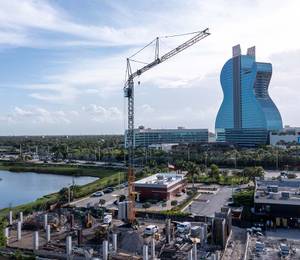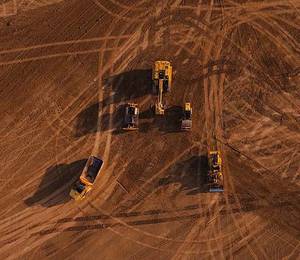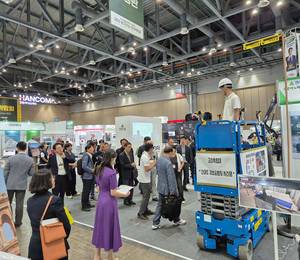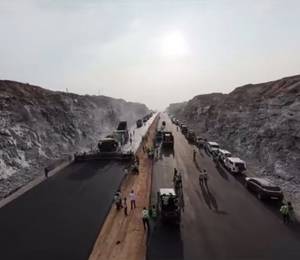The Asian Development Bank (ADB) has approved a US$1 billion loan to support construction of the high-speed Delhi–Meerut Regional Rapid Transit System, a first of its kind in India.
The project aims to help decongest the city of Delhi and improve regional connectivity by establishing transit options through the densely populated sections of the National Capital Region (NCR), connecting Delhi to Meerut in the state of Uttar Pradesh, explained ADB in its statement.
“Efficient and integrated transport solutions are critical for managing the rapid urbanisation and ensuring balanced urban development of the region” said Sharad Saxena, ADB’s principal transport specialist “This project will also provide safe, reliable and seamless travel between Delhi and other NCR cities and pave the way for a paradigm shift in mobility across the NCR.”
The 82-km Delhi–Meerut Regional Rapid Transit System (RRTS) network has been reported as the first of three priority rail corridors in the country’s integrated transport network under the NCR Regional Plan 2021. This project will finance the construction of railway tracks, station buildings, maintenance facilities, and traction and power supply, said ADB.
The Bank added that the RRTS will use advanced, high technology signalling systems based on latest standards and will have multimodal hubs to ensure smooth interchange with other transport modes. The design of the stations will feature and consider the needs of the elderly, women, children, and differently abled.
According to ADB, financing for the project will be implemented in four tranches between August 2020 and May 2025. The Indian government will provide US$1.89 billion and co-financiers are expected to provide US$1 billion of the total project cost of US$3.94 billion. A US$3 million grant from ADB’s Japan Fund for Poverty Reduction will support various activities, including provision of visual, hearing and mobility aids, such as wheelchairs for differently abled persons. Training for women and differently abled on safe mobility and employment opportunities and behavioural change for public transport providers will also be given.
The project is expected to deliver integrated transformational impacts and better urban environment through systematic urban and land use planning, as well as reduced carbon dioxide emissions and air pollution.
Image: ADB
